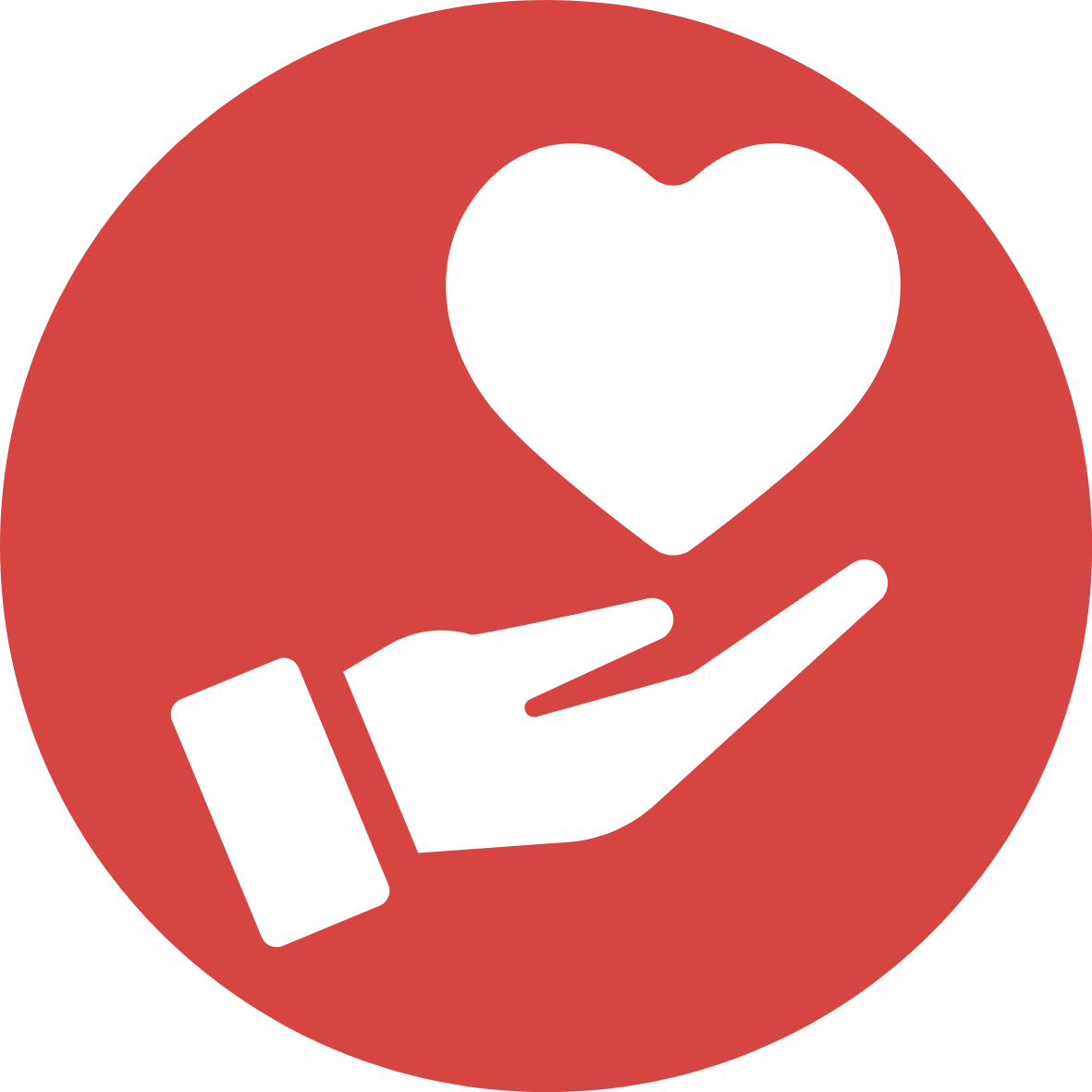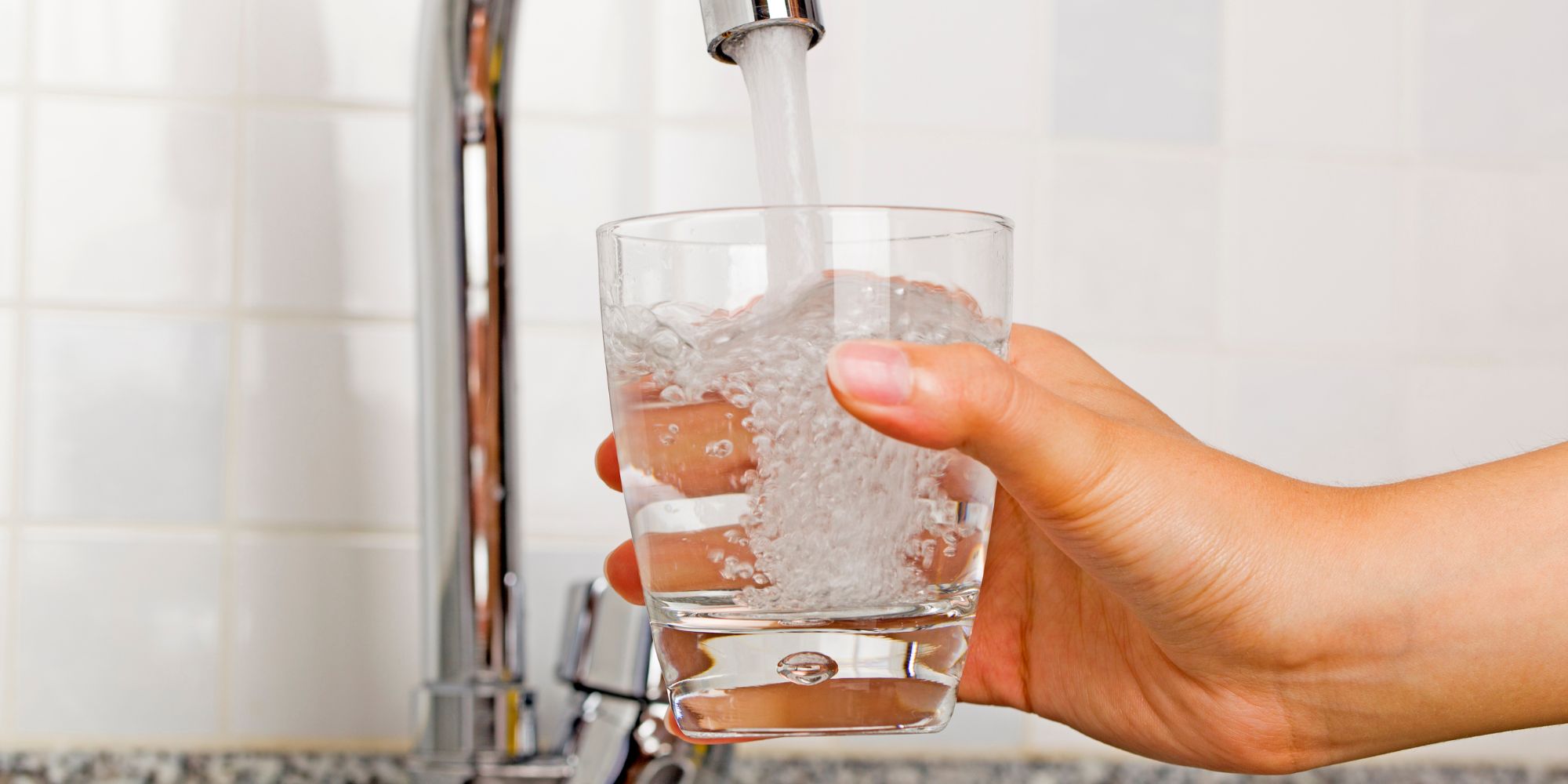Staying hydrated is important for everyone, but it’s especially crucial for the elderly. As we age, our bodies change in ways that make it even more essential to drink enough water. So, let’s dive into why hydration for the elderly matters and some easy, practical tips to help you keep up with your water intake.
Why Hydration for the Elderly is Important
First off, let’s talk about why staying hydrated is so important. Water plays a vital role in almost every function of our bodies. Here are some key reasons why hydration for the elderly is essential:
- Maintains Body Functions: Water helps regulate body temperature, keeps joints lubricated, and aids in digestion. It’s essential for maintaining overall health and well-being.
- Prevents Dehydration: Dehydration can lead to serious health issues, including kidney problems, urinary tract infections, and even confusion or dizziness, which can increase the risk of falls.
- Supports Brain Function: Staying hydrated can improve cognitive function and mood. It helps keep the brain alert and functioning properly.
- Aids in Medication Management: Many seniors take medications that can be dehydrating or require adequate water intake to work properly. Drinking enough water helps ensure medications are effective.
- Promotes Healthy Skin: Water is essential for maintaining healthy skin, which can become more prone to dryness and irritation with age.
Signs of Dehydration
It’s important to recognize the signs of dehydration so you can address it promptly. Here are some common signs to watch out for:
- Dry mouth and throat
- Dark yellow urine
- Fatigue and lethargy
- Dizziness or lightheadedness
- Confusion or irritability
- Dry, cool skin
- Headaches
If you notice any of these symptoms, it’s important to increase your fluid intake right away.
Tips for Increasing Water Intake
Now that we’ve covered why hydration for the elderly is so important, let’s look at some practical tips to help you drink more water throughout the day.
Keep Water Accessible
Keep a bottle or glass of water within arm’s reach at all times. This makes it easy to take sips throughout the day.
Set Reminders
Use your phone or a dedicated app to set regular reminders to drink water. You can also use alarms or notes around the house as reminders.
Flavor Your Water
If plain water doesn’t appeal to you, try adding a splash of flavour. Fresh fruit slices, such as lemon, lime, or berries, can make water more enjoyable.
Eat Water-Rich Foods
Many fruits and vegetables have high water content and can help keep you hydrated. Cucumbers, watermelon, oranges, and strawberries are all great choices.
Drink a Glass Before Meals
Make it a habit to drink a glass of water before each meal. This can help with hydration and may also aid in digestion.
Track Your Intake
Keep track of how much water you drink each day. There are many apps available that can help you monitor your intake and ensure you’re meeting your hydration goals.
Choose Hydrating Beverages
In addition to water, other beverages like herbal teas, milk, and even broths can contribute to your daily fluid intake. Just be mindful of sugary drinks and caffeine, as they can be dehydrating.
Stay Consistent
Consistency is key. Try to spread your water intake throughout the day rather than drinking large amounts at once. This helps your body stay hydrated consistently.
Carry a Water Bottle
Invest in a good reusable water bottle and take it with you when you go out. This way, you’ll always have water on hand, whether you’re running errands or going for a walk.
Create a Routine
Incorporate drinking water into your daily routine. For example, drink a glass of water when you wake up, another mid-morning, one with lunch, and so on. Having set times to drink water can help you remember to stay hydrated.
When to Seek Medical Advice
While staying hydrated is generally something you can manage on your own, there are times when it’s important to seek medical advice. If you or a loved one is experiencing severe dehydration symptoms, such as confusion, rapid heartbeat, or fainting, seek medical help immediately. Additionally, if you have medical conditions or take medications that affect your hydration, discuss your water intake with your healthcare provider to ensure you’re meeting your body’s needs.
In Conclusion
Hydration for the elderly is a simple yet powerful way to support health and well-being as you age. By understanding the importance of hydration and following these practical tips, you can make sure you’re getting enough water every day. Remember, it’s all about making small, consistent changes that fit into your lifestyle. Here’s to staying happy, healthy, and hydrated!
Cheers to good health!
Additional Resources
For further information and support on hydration for the elderly, check out these helpful UK-based resources. Each link provides valuable insights and practical advice to ensure seniors stay properly hydrated and healthy.
- Age UK Salford: Drinking Well – Advice on improving nutrition and hydration specifically for seniors.
- Mobility Plus: Why Hydration is Important as We Age – Detailed explanation of the importance of hydration as we age and practical tips to stay hydrated.
- Aging Care: Hydration Tips for Seniors – Comprehensive tips to help seniors stay hydrated.
- Elder: Dealing with Dehydration in the Elderly – Strategies and advice for managing dehydration in elderly individuals receiving care at home.

